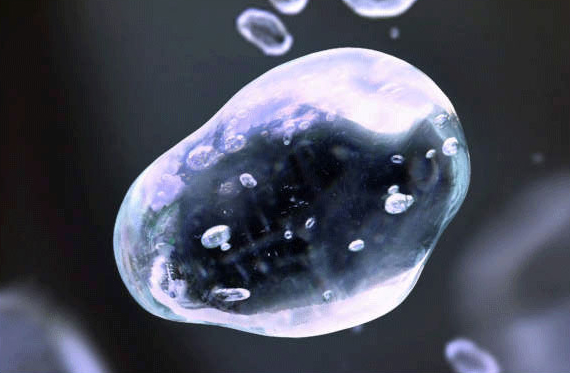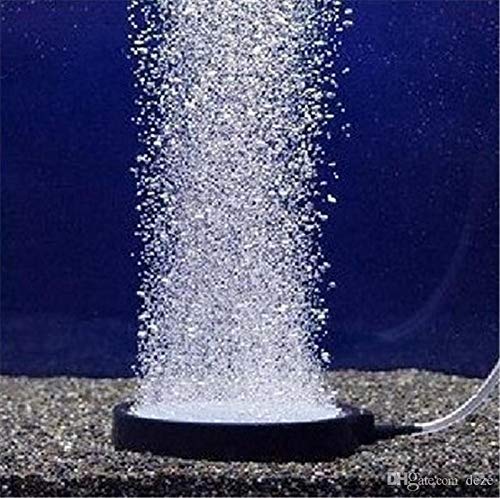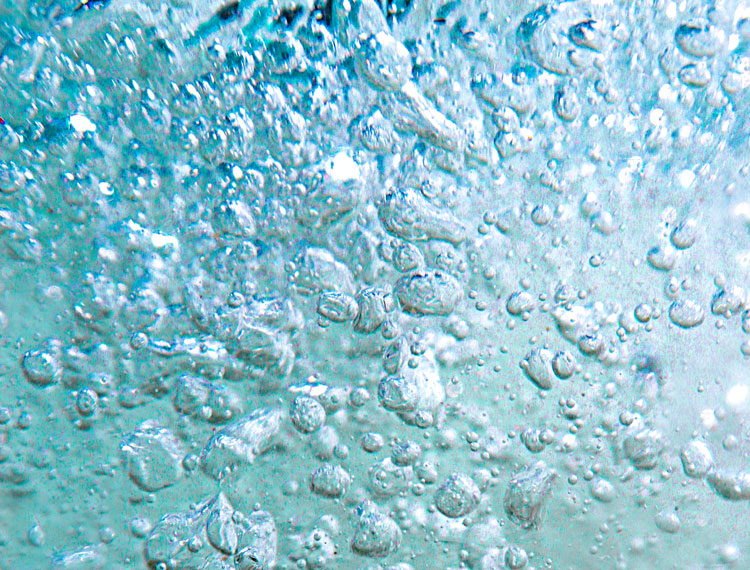23rd Jul 2021
An air pump is a vital part of most modern ponds. It's important to ensure an adequate air supply to your pond to keep your fish in top health, and to help keep your pond water crystal clear. It's especially important when we're experiencing extreme temps, such as in this current heatwave. So how do you spot the telltale signs that your pond is lacking oxygen?
Inside most filters you will find biomedia, which is where the biological filtration takes place. The bacteria contained within your filter are there to keep your pond healthy and remove toxins from the pond water. However these bacteria use a lot of oxygen!
Oxygen is also required and consumed by fish and plants. A pond with insufficient oxygen levels will not be able to support as much pond life and can soon stagnate. Oxygen will dissolve into water at the surface where the air and water come into contact. The main point of contact of course is the surface of the pond. So in realistic terms; the bigger the pond, the more water to air contact area, and the more oxygen gets dissolved in the pond water.
So a smaller pond like those found in most gardens, or one containing lots of fish can easily experience issues in this blistering heat! An air pump is always a good option for adding extra oxygen - especially in these hotter summer months when it is most needed. Air pumps push air through air stones which are submerged under the water. The air stones produce thousands of small bubbles, each releasing oxygen into the water and helping to support the pond's natural balance.
The smaller the bubbles produced by the air stone, the greater the surface area of the combined bubbles being formed, and the more oxygen available in the pond. In the summer, dissolved oxygen in a pond is always less, as warmer water is not able to harbour as much oxygen as a cooler pond. This along with the higher metabolic rates of your fish, and the greater work load on the filter can cause aeration problems.
The most obvious symptom of a lack of oxygen is fish at the surface gasping for air. They'll tend to congregate at the bottom of a waterfall or wherever air is being added. This will be at its worst early on a summer's morning, when the oxygen has been used up over night by plant life (oxygenating plants and normal plants give out oxygen in the day while photosynthesising, but take in lots of oxygen on a hotter night).
One of the major reasons for your fish to be gasping is poor water quality and increased feeding in the summer months. The excess waste being produced by the fish puts a greater load on your filter and may leave it struggling to cope with the increased demand. Supplying oxygen directly to the filter is a great option for almost all filters. This will make a huge difference to the overall performance of your filter.
Summer thunderstorms can be an issue too. An overnight thunderstorm in the summer months is often overlooked as many fish keepers may not even realise this is an issue. In scientific terms a stratification process takes place; basically this means that a thunder storm will remove oxygen from not only the air in the atmosphere, but also the surface layers of your pond. This combined with other oxygen depleting factors mentioned above, will if you don't have sufficient aeration, cause major problems!
It's advised that every pond should not be without an air pump running all year round (remember that an air pump can also keep an area of your pond ice free in winter) for the release of toxins and gases. In the summer just leave it running 24/7 whether it is located in your filter or your pond. Most air pumps these days are extremely low wattage, so they won't cost a fortune to run and are really worth their weight in gold!




